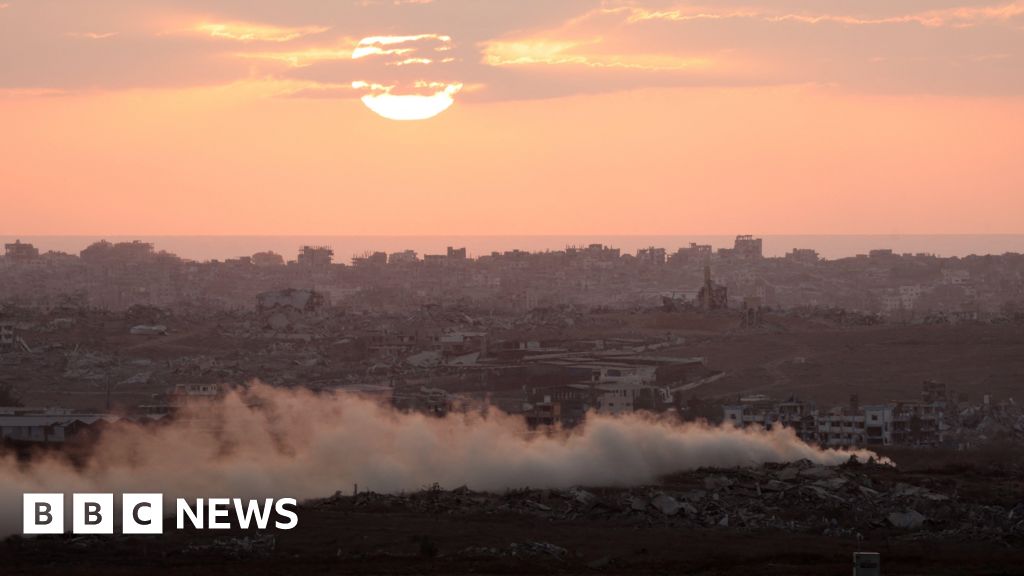A significant diplomatic chasm has opened between the United States and its traditional allies concerning the future of Gaza and the recognition of a Palestinian state, marking a pivotal shift in global foreign policy. While nations like Canada, France, and the United Kingdom boldly announce intentions to acknowledge a Palestinian state, the Trump administration maintains a steadfast alignment with Israel, creating a stark divergence in international efforts to forge peace.
This emerging split contrasts sharply with earlier attempts at international consensus. Then-US Secretary of State Antony Blinken, following the Hamas attacks, had outlined a series of foundational principles for the “day after” the conflict in Gaza. These included strict prohibitions against the forcible displacement of Palestinians, Israeli re-occupation, or any blockade of the territory, alongside a clear mandate for Palestinian-led governance, notably excluding Hamas.
These principles were designed to secure broad support from America’s European and Arab allies, even in the face of anticipated Israeli objections. However, the Trump administration promptly dismissed these proposals, opting to boycott a crucial conference where allies began to commit to Palestinian state recognition under specific conditions, viewing such moves as inherently anti-Israel.
Furthermore, the Trump administration’s own evolving strategy for Gaza has contributed to the diplomatic isolation. Earlier proposals, which controversially suggested the US taking control of the Gaza Strip and involved the forced displacement of Palestinians, were later rebranded as “voluntary” emigration before being quietly abandoned. This shifting stance underscored a lack of clear long-term vision, leaving a strategic vacuum.
The current US approach, under the Trump administration, increasingly mirrors that of its Israeli ally, particularly concerning the future governance of Gaza. This includes a shared rejection of any role for the internationally backed Palestinian Authority, alongside the consideration of proposals from the far-right flank of the Israeli coalition advocating for permanent military occupation and the expulsion of Palestinians.
Against this backdrop, the severe humanitarian crisis within Gaza has served as a critical inflection point for European nations. Reports from international bodies detailing widespread starvation, malnutrition, and disease have provided a strong moral impetus, intensifying domestic pressures in countries like Britain and France to pursue independent diplomatic avenues and advocate for the recognition of a Palestinian state.
Consequently, European countries, in collaboration with Gulf Arab states, are actively working to bridge the strategic void left by the US. They are collectively advocating for urgent humanitarian aid interventions, reinforcing the legitimacy of the Palestinian Authority, and diligently reviving efforts towards achieving a two-state solution, even without explicit American endorsement. This concerted effort upends decades of conventional diplomacy, where recognition of a Palestinian state typically followed comprehensive negotiations between Israeli and Palestinian parties, and signifies a broader international push for regional stability.






Leave a Reply